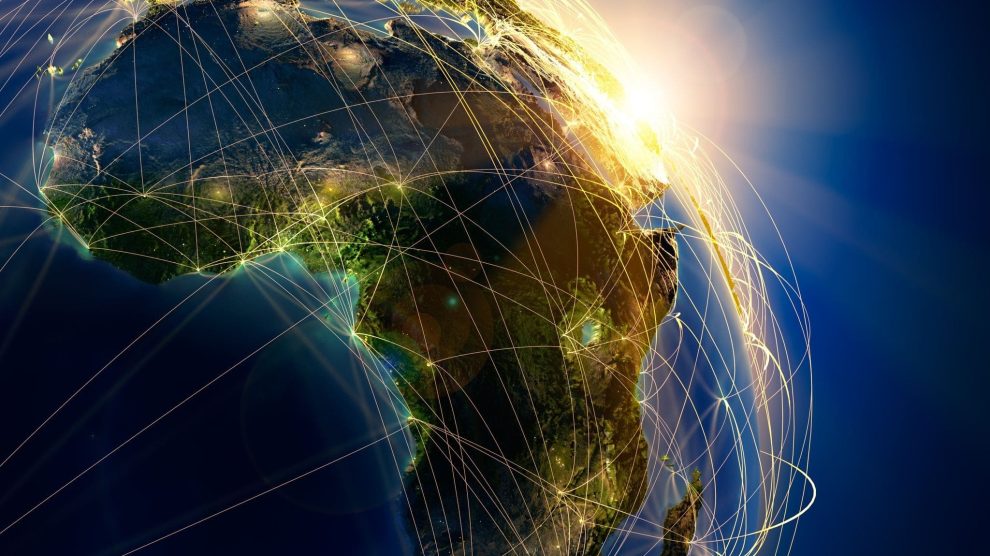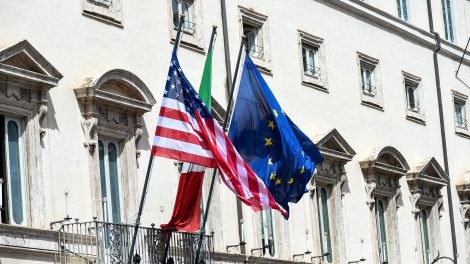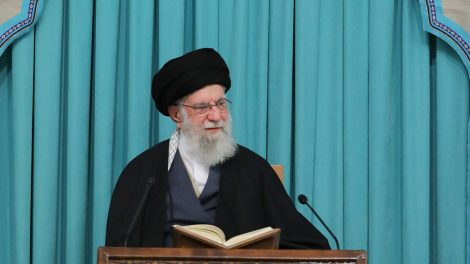The report’s central thread is clear: Africa’s growing assertiveness is both an outcome of fiscal strain and a driver of strategic autonomy.
The Debt Trap and the Call for Shared Responsibility. Giuseppe Mistretta’s opening essay frames the issue of African debt as a matter of global justice. With liabilities reaching USD 1.16 trillion – about 75% of GDP – and interest payments consuming nearly 15% of national budgets, many African states are trapped in cycles of repayment that erode investment and growth.
- The Jubilee Commission launched by Pope Francis for the 2025 Holy Year calls for a paradigm shift: joint accountability between lenders and borrowers, multilateral mechanisms for sovereign insolvency, and a distinction between productive and non-productive debt.
- The message is unmistakable: the continent’s debt is not just a financial problem but a test of the global system’s fairness.
- Giuseppe Mistretta is former Director for Sub-Saharan Africa at the Italian Ministry of Foreign Affairs and International Cooperation, and ex Ambassador to Angola and Ethiopia
The Politics of Relief. Economist Vera Songwe expands the conversation to low-income countries, arguing that the persistence of debt distress reflects not only structural flaws but the weakening fiscal health of creditor nations themselves.
- Her “triple bind” — investors preferring safer markets, G7 governments lacking fiscal space, and rising interest rates — highlights how global imbalances amplify African vulnerabilities.
- Songwe calls for practical reforms: debt-for-nature swaps, concessional refinancing, and climate-linked fiscal policies.
- For Europe, she notes, the experience of countries like Italy and Spain in managing debt crises could inspire new South–North models of resilience.
- Vera Songwe is a leading African economist, she’s Chair and Founder of the Liquidity and Sustainable Facility (LSF), and Non-Resident Senior Fellow at Brookings Institution.
GERD and the Politics of Power. Adi Guyo’s contribution on Ethiopia’s Grand Ethiopian Renaissance Dam (GERD) captures how infrastructure becomes an instrument of sovereignty.
- Financed largely by domestic resources, the dam marks a symbolic break from dependency and has redrawn the geopolitics of the Nile Basin.
- It also underscores Ethiopia’s broader ambition for access to the Red Sea, a goal pursued through delicate diplomacy with Eritrea, Somaliland and Somalia.
- As climate volatility and national aspirations collide, GERD stands as both promise and flashpoint.
- Adi Guyo is Junior Analyst, Med-Or Italian Foundation
Corridors of Competition: From TAZARA to Lobito. Corrado Čok traces how the revitalisation of the Tanzania–Zambia Railway (TAZARA) by Chinese firms fits into a wider race for connectivity.
- Competing corridors backed by the United States, the European Union, Japan and the African Development Bank illustrate Africa’s emerging leverage as an infrastructure crossroads.
- Zambia, under President Hichilema, is repositioning itself through mining reforms, industrial diversification and partnerships that link resource extraction to value creation. In this new geography, logistics is power.
- Corrado Čok is an expert on the Horn of Africa, Med-Or Italian Foundation
The Cobalt Equation and Europe’s Opening. Luciano Pollichieni focuses on the Democratic Republic of Congo’s new cobalt export regime — a strategic shift that combines state control, political consolidation and global market recalibration.
- By capping exports and establishing a strategic reserve, President Tshisekedi has altered the balance of influence with China and opened space for Western engagement.
- Italy’s EUR 250 million investment in the Lobito Corridor through the Africa Finance Corporation positions Rome as an early mover in building a more balanced critical-mineral partnership with Africa.
- Luciano Pollichieni is a Senior Analyst, Med-Or Italian Foundation
The bottom line: “Africa is asserting a more central role in shaping global trends,” notes Umberto Tavolato, Director for Special Projects at the Med-Or Foundation. “The challenge now is not only to provide relief but to foster reform — approaches that align financial responsibility with sovereignty, resource control and regional cooperation.”
- Tavolato underlines that initiatives like Ethiopia’s GERD, Zambia’s infrastructure revival and the DRC’s cobalt policy reveal a wider continental rebalancing.
- For Italy and Europe, he adds, this shift carries both responsibility and opportunity: to engage with Africa not as a donor, but as a partner in shared growth, stability and innovation.
- In this spirit, the Med-Or Monthly Africa Report aims to become a space where analysis meets dialogue — a platform to understand how Africa’s internal transformations are increasingly shaping the future of the global order.





